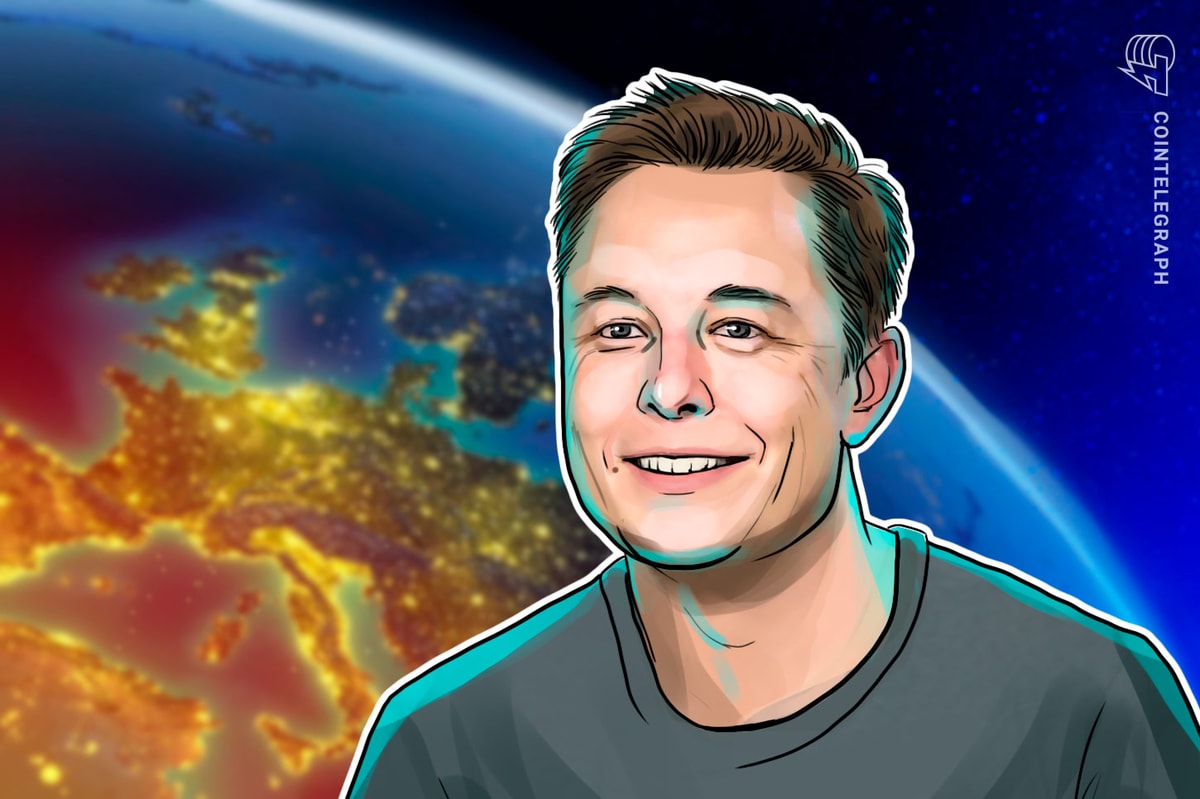
Billionaire industrialist Elon Musk issued a response to a June 4 CNBC article in which he claimed the Tesla CEO asked Nvidia to prioritize AI chips originally intended for Tesla for the private media company social
In the article, CNBC claimed that emails provided to them by Nvidia indicated that Musk had asked the graphics processing and AI chip maker to transfer 12,000 of Tesla’s Nvidia H100 chips to the X.
However, Musk has since responded to the article in several social media posts, denying the allegations and explaining that Tesla did not need the chips at that time, saying they would have sat idle in a warehouse for pickup dust.
The tech entrepreneur then added: “The Texas Gigafactory southern expansion is almost complete. “This will provide 50,000 H100s for FSD training,” he said, before calling the author of the article a “liar” in another post on social media.
The damage that occurred
After the CNBC article was published, Tesla shares reportedly fell 1% early on June 4.
CNBC also claimed that the release of the Nvidia emails had exacerbated already simmering tensions between Musk and some Tesla investors, who believe the CEO has a conflict of interest and has bitten off more than he can chew.
Musk leads and owns a portfolio of public and private high-tech companies, including Tesla, SpaceX, Neuralink, xAI and his social media company X, formerly known as Twitter.
about: Elon says AI will ‘do everything better than you’ and make recruiting obsolete.
Musk and the race for AI
The serial entrepreneur has become a major figure in the artificial intelligence and brain-computer interface industries, with companies like xAI and Neuralink directly competing with OpenAI and Google.
The large language chatbot form has since been made available to all paid users of social media platform X.
Musk’s company Neuralink also received the green light from the US Federal Drug Administration to begin human trials. In February, Neuralink successfully implanted the first human test subject with a brain-computer interface.
According to Musk, the individual was able to control the computer mouse directly through the interface using only his thoughts.
review: Deepfake K-Pop Porn, Grok Awakened, “OpenAI has a problem”, Fetch.AI: AI Eye.